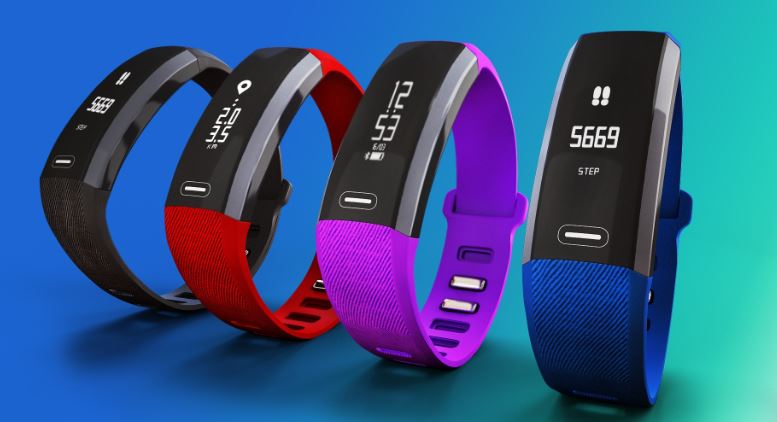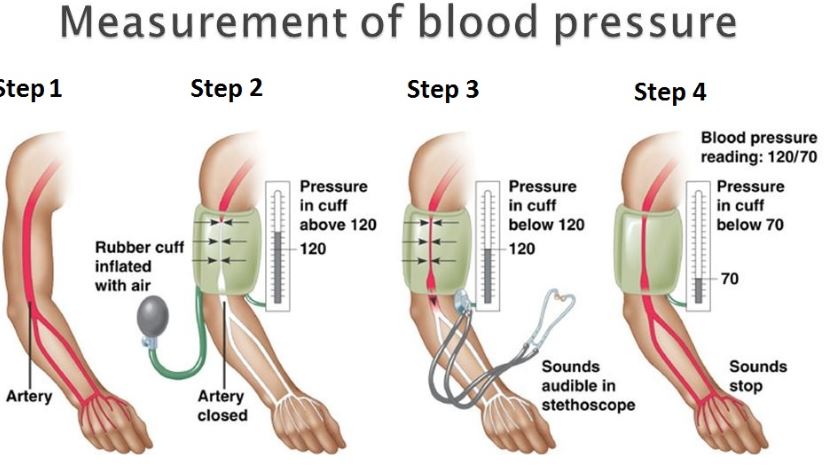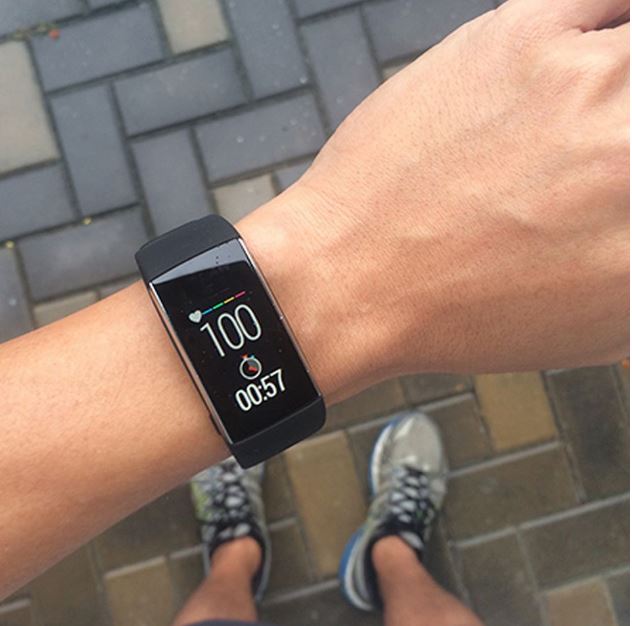How Accurate Are Fitness Trackers For Blood Pressure?

Blood pressure is a vital sign that can indicate the overall health of your heart and circulatory system. However, it’s not always easy to get an accurate reading on your own. That’s where fitness trackers come in! They track your heart rate, exercise time, and more – all to provide you with an accurate reading of your blood pressure. But are they really as accurate as we think?
What does a fitness band do to measure blood pressure?
When it comes to tracking blood pressure, many people turn to fitness bands. These devices measure your blood pressure by using a small, elastic band that wraps around your upper arm and captures the amount of pressure applied when the tracker is moved.
There are a few different types of fitness trackers on the market that measure blood pressure. The most common type is a wristwatch-like device that you wear on your wrist. Other devices, like those used in hospitals, use an insertion device to measure blood pressure and send the data wirelessly to the tracker.
The accuracy of these fitness trackers varies depending on the model. Some trackers have been found to be as accurate as a standard mercury sphygmomanometer, while others have had lower accuracy rates. The accuracy of a fitness tracker is typically determined by how well it correlates with a standard blood pressure reading taken by a doctor.
Overall, fitness trackers are thought to be an accurate way to measure blood pressure, but there is still some room for improvement.
What does a fitness band do to measure blood pressure?
A fitness band like the Fitbit Flex or Jawbone UP can measure your blood pressure by taking a reading right after you’ve taken a reading with a medical cuff. The accuracy of these devices is often debated, but many experts say they’re reasonably accurate when used as part of a comprehensive blood pressure monitoring program.
How can you measure your BP with a fitness tracker?

If you’re like most people, tracking your blood pressure has always been a challenge. Do you use a sphygmomanometer or a blood pressure cuff? And even if you do, how often do you check it? If you have hypertension, this is important information to track so that you can make appropriate changes in your lifestyle. But what about people without hypertension? How do they measure their BP?
There are several ways to measure your BP with a fitness tracker. The simplest way is to use the device’s built-in sensors to measure your heart rate and then calculate your BP from that data. This method is accurate within +/-5% of readings taken by a healthcare professional. However, this method is not always practical or convenient. For example, if you are using the device during exercise, it may be difficult to take a reading quickly enough to generate an accurate BP reading.
Another option is to use an app on your phone to monitor your BP readings. Apps like SpO2 allow you to track both heart rate and BP readings over time, which can provide more complete information about your health condition. However, apps like this are not as accurate as devices with built-
Fitness Monitor Blood Pressure Accuracy
One important consideration with fitness trackers is accuracy. A recent study published in the “Journal of Hypertension” looked at the accuracy of three popular trackers, the Fitbit Flex, Apple Watch Series 3, and Basis Peak, for measuring blood pressure. All three devices were found to be reasonably accurate for measuring systolic and diastolic blood pressure, but there were some variations between each device. The Basis Peak was found to be the most accurate of the three devices, while the Fitbit Flex and Apple Watch Series 3 were not as accurate. In general, it is important to keep in mind that these devices are only intended to be used as a guideline and should not be relied on as the only source of information when measuring blood pressure.
Pros and Cons of Fitness Trackers that Measure BP

Fitness trackers are becoming more and more popular as a way to monitor daily health habits, including blood pressure. However, there is still some confusion about their accuracy. In this blog post, we will discuss the pros and cons of fitness trackers for blood pressure measurement, and help you decide if one is right for you.
PROS:
-Many fitness trackers offer automatic updates to the latest BP readings. This means that they can be very accurate over time.
– fitness trackers can be worn all day long, which makes them a convenient way to monitor your BP throughout the day.
– Some fitness trackers have companion apps that allow you to view your BP readings offline and share them with others.
– Fitness trackers are relatively affordable, and many offer a variety of features (such as sleep tracking) that are not available in other types of monitors.
CONS:
– Although fitness trackers are generally quite accurate, there are some variations that can occur depending on how the device was used when it recorded the reading. For example, if a person has an elevated BP due to hypertension, their BP may be higher than normal even when wearing a fitness tracker that is
Submit a guest post technology
1 Pros
Fitness trackers can be a useful tool for monitoring your blood pressure.
Blood pressure is an important health indicator, and it’s important to keep track of it over time. A fitness tracker can be a helpful tool for monitoring your blood pressure.
There are several different types of fitness trackers, and each has its own advantages and disadvantages. Some fitness trackers are very accurate, while others are not as accurate. It’s important to choose a fitness tracker that is accurate for your needs.
If you want an accurate tracking system, you should look for a fitness tracker that has a heart rate monitor built-in. This type of tracker is the most accurate and provides the most detailed information about your overall health.
Fitness trackers can be a useful tool for monitoring your blood pressure. However, it’s important to choose one that is accurate for your needs.
2 Cons
Most fitness trackers are accurate for measuring heart rate and other essential metrics, but they’re not always accurate when measuring blood pressure.
One of the main reasons for this inaccuracy is that fitness trackers rely on a single point of measurement, such as the user’s finger. This point of measurement is not always accurate when measuring blood pressure.
Some fitness trackers use a cuff to measure blood pressure, but this method is also not always accurate. In fact, some research has shown that cuff-based measurements can be as inaccurate as finger-based measurements.
So, if you want to be sure that your fitness tracker is providing accurate information about your blood pressure, you should make sure to take multiple measurements using different methods. This will give you the most accurate picture of your blood pressure trends.
Conclusion
Fitness trackers have become increasingly popular in recent years, as people try to find ways to improve their overall health and fitness. However, there is still some debate surrounding these devices’ accuracy when measuring blood pressure. Some studies have found that fitness trackers are accurate enough for everyday use, while other research suggests that they may not be wholly accurate. In any case, it is important to consult with your doctor before using a fitness tracker to measure your blood pressure.



